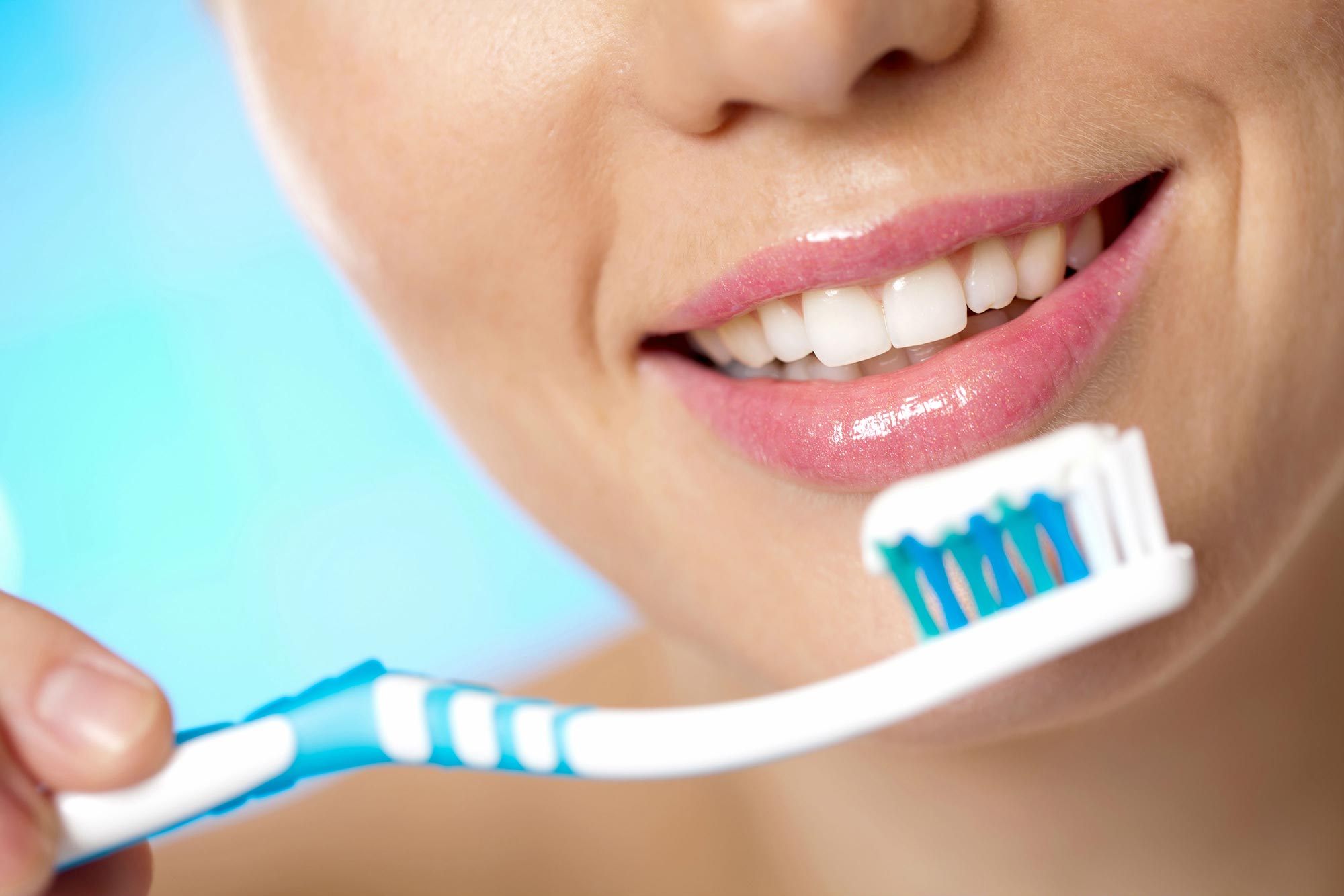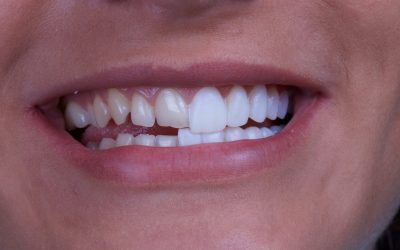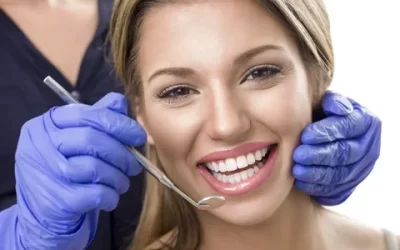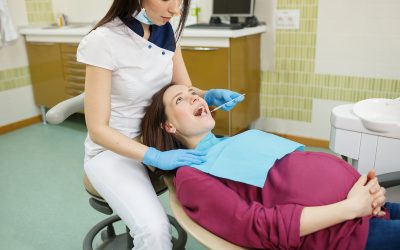The main cause of all dental diseases is the lack of oral hygiene. So what is Oral Hygiene? Oral hygiene is very important for oral health. Oral hygiene is important for a healthy mouth, healthy teeth, and healthy gums. Oral hygiene is the cleaning of the teeth, gums, and oral cavity and tongue, and is called the general application of this cleaning. Different methods of ensuring oral hygiene should be performed in such a way as to complement each other. Teeth should be brushed regularly. Teeth should be brushed after meals and at night before going to bed. The technique of brushing your teeth should be applied correctly. Toothbrushes should be selected in such a way that they fit the teeth and gums. Toothpastes should also be selected in such a way that they are suitable for age and oral health. Dental floss should be used after brushing your teeth. Decongestants should be cleaned with dental floss between the teeth that toothbrushes cannot reach.
What Should Be Done for Oral Hygiene?
The basis of oral hygiene is bacterial plaque control. A purulent, light yellow plug-in called bacterial plaque, microbial dental plaque, or dental dirt is the most common cause of caries, gingivitis, and tartar formation that occurs on our teeth. This plug must necessarily be removed through the mouth. This is achieved only with effective and continuous maintenance. It is based primarily on mechanical cleaning. Chemical plaque control is only useful if it is applied together with mechanical cleaning. Before the question of how oral hygiene should be, it is important to know the answer to the question of what is Oral Hygiene.
How Should Oral Care Be Done?
- Choosing the Right Toothpaste: Oral hygiene can be started by choosing the right toothpaste. Using pastes with herbal ingredients instead of toothpastes with chemical ingredients will strengthen the tooth, kill germs and bacteria in the mouth. In case of regular use, it will also instantly remove the formed plaques.
- Choosing the Right Toothbrush: According to research, changing the toothbrush regularly is an important detail for oral hygiene. First of all, a soft toothbrush that can reach anywhere in the mouth should be selected. Because the toothbrush cleans all the germs in the mouth, these germs can remain in the hairy area. Therefore, regularly renewing Dec toothbrush for 3-6 months will be the most important answer to the question of how to maintain oral hygiene.
- Methods of Brushing Teeth: Another aspect that is as important as choosing a toothpaste and toothbrush is the method of brushing your teeth. First of all, teeth should not be brushed too hard. Brushing should be done for about 3 minutes by drawing small circles in the mouth. The inner surface of the teeth should be strictly brushed. Finally, the tongue should be brushed and the mouth should be rinsed with plenty of water.
- Dental Floss and Oral Care Water: Brushing your teeth is the most important factor of oral hygiene. But dental floss and oral care water are effective for places where the brush cannot reach. Flossing the food residues stuck between the teeth after each meal will decimate the germs easily. In addition, flossing also prevents bad breath caused by residues. Oral care water is also used to kill bacteria and germs in areas that the brush cannot reach, such as dental floss. Regular rinsing of the mouth will give a long-lasting effect.
Oral care of individuals who do not receive orthodontic treatment
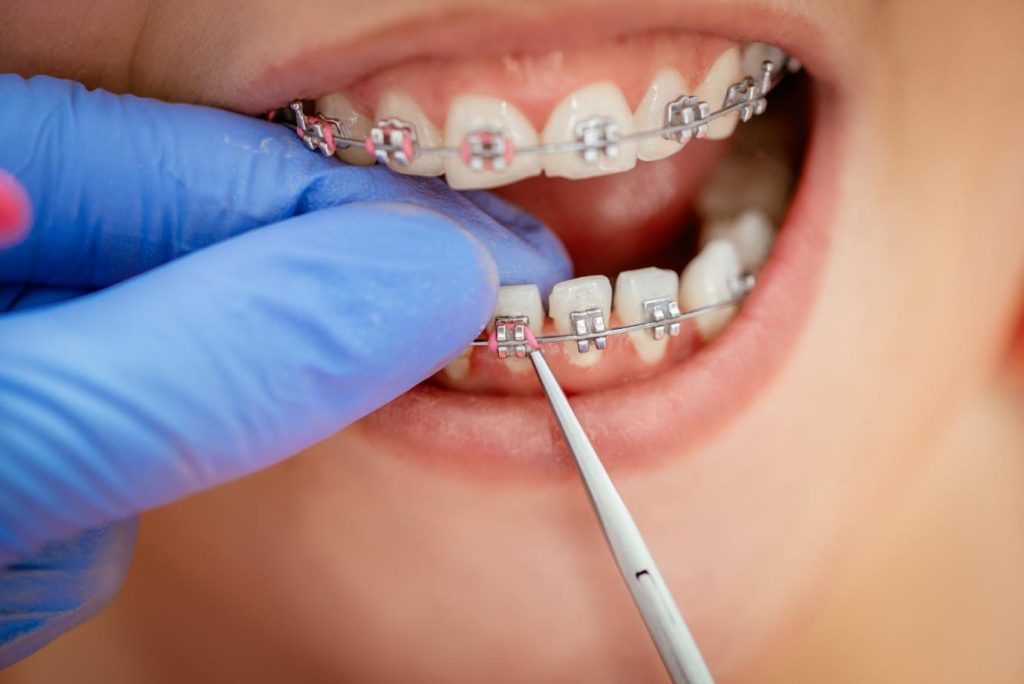
When your oral health deteriorates, you may experience serious health problems in your digestive system, heart, brain, kidneys and joints. The first symptoms of some systemic diseases can also be easily detected by problems with oral health. That is why it is important to pay attention to the health of the mouth and teeth, where both communication and functions such as food consumption, which are the continuation of vital functions, are performed. Seeing a dentist regularly twice a year should be a necessity that people should make a habit of throughout their lives.
In addition to structural and structural disorders during tooth development, dental closure errors can also occur due to the structure of the jaw. People who experience a shutdown error have difficulty chewing food. In addition, diseases can also occur for this reason on the gums. The biggest effect of this condition is that the milk teeth are lost prematurely. Antibiotics taken in childhood, diseases during pregnancy or at an early age, high fever, lack or excess of fluoride in drinking water, and smoking change the color of teeth to gray or yellow. Ensuring oral hygiene at an effective level positively affects our entire body. Because of this, paying attention to oral hygiene always reveals important gains in a healthy lifestyle.
Oral care of patients undergoing orthodontic treatment
We can easily understand how important oral health is from the answer to the question what is Oral Hygiene. Those undergoing orthodontic treatment should pay more attention to this. It should be remembered that oral care is the most important stage during orthodontic treatment. Paying attention to oral hygiene also helps prevent the occurrence of gingivitis. It is inevitable that bacterial plaque forms on metal parts of the braces that are difficult to access, which facilitates tooth decay, and also leads to gingivitis with the formation of gum stones. Patients undergoing orthodontic treatment should brush their teeth after each meal. Because it is not possible to clean the food residues by the tongue and lips in the mouths with brackets, it is necessary to brush them necessarily. For this reason, we recommend that you carry your brush and paste with you. Patients who have started orthodontic treatment should be told that it is also necessary to thoroughly clean the oral cavities of patients who have started orthodontic treatment.
You can call us for answers to all the questions you are interested in about oral hygiene and get information. Have our expert dentists examine you and inform you about the state of your oral hygiene. Call us right now and let’s decide together on the day of the appointment.


